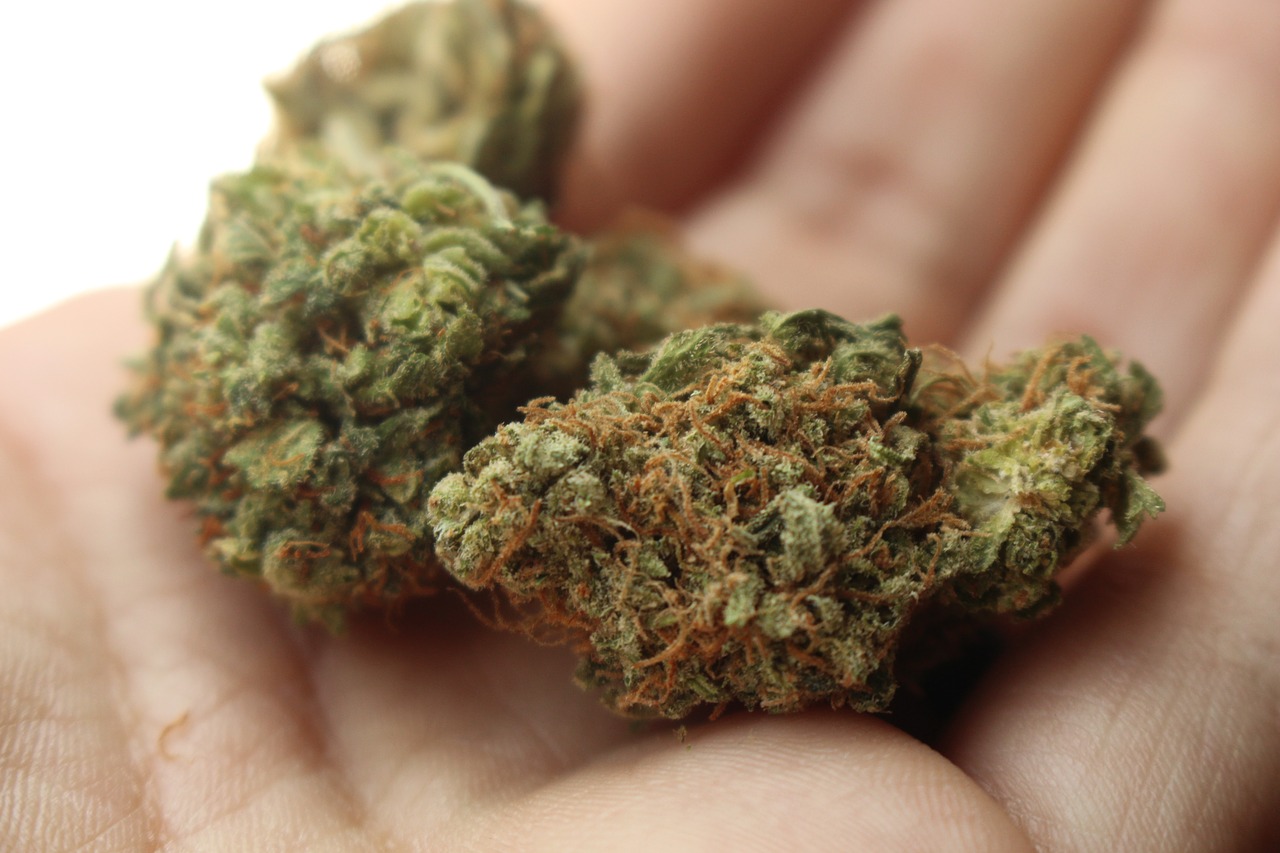Celebrities have been one of the key aspects driving the hype around the rapidly growing cannabis industry in recent years.
The Leaf Desk has previously reported on how the likes of Jennifer Aniston and Mike Tyson have become involved in the space, and now it’s pop star Miley Cyrus’ turn.
Cyrus, 26, is an openly keen cannabis smoker and has recently backed a new cannabis venue in West Hollywood aptly named ‘A Cannabis Cafe’.
It will be the first place in the United States where customers can smoke cannabis whilst sipping on CBD-infused beverages and feasting on weed-filled edibles.
DJ Mark Ronson and comedian Chris Rock have also invested in the start-up, which opened its doors on Monday September 30.
While the Amsterdam-esque cafe will cater for millions of pot smokers across Los Angeles, cannabis evangelist Mike Tyson is planning on launching a major project in the popular holiday destinations Antigua and Barbuda.
The idea is to launch an annual cannabis conference for weed aficionados while growing the plant on a mass scale to boost tourism within the country, as thousands of holidaymakers enjoy visiting the tropical Caribbean islands every year.
A tourism official in the island’s capital St John’s said: “We have a lot of tourists coming from Europe, especially the United Kingdom market, and we think that is a wonderful idea which will help bring in more and more visitors to our island who will want to explore the cannabis farms.”
However, while weed businesses with A-list celebrities seem to be getting the green light from lawmakers, governments, and regulators, small businesses are still struggling.
PayPal’s issue with cannabis
Every week there seems to be more stories about budding entrepreneurs in the cannabis space being halted by banks and payment processors that end up freezing their accounts.
The latest report comes from Kent in the UK, where Jane and Mike Wood run BonneBomb – a shop that sells natural bath bombs.
In order to latch onto the growing trend, Jane and Mike decided to start infusing their popular bath bombs with CBD oil in an attempt to drive sales. CBD can assist with aches and pains, so it seemed like a logical approach from the business to start incorporating it into their aromatherapy products.
After commencing the sale of their new product, they were stopped in their tracks by PayPal after the online payments company made the bold decision to freeze the entrepreneurial pair’s merchant accounts, leading to them consequently being dropped by other payment gateways Braintree and Stripe.
This decision was devastating for the business as it meant it was impossible to trade online, where much of the revenue was being generated. To add further fuel to the fire, they were also banned from buying and selling ordinary, non-CBD products for personal use from eBay.
The couple pointed out the injustice of being snubbed by PayPal as the company still chooses to work with larger traders such as Holland & Barrett, which currently sells CBD capsules, drops, and creams on their top shelves alongside a huge amount of marketing in store and online.
A PayPal spokesperson responded to the pair by saying: “As reflected in our Acceptable Use Policy, PayPal currently does not permit the use of our payments platform for the sale of products containing Cannabidiol (CBD).”
PayPal is still unfortunately governed by federal US laws which still classify hemp-based products including CBD as narcotics, regardless of the legality of the compound in the respective countries of business operations.
Another online CBD vendor based in Amsterdam had similar issues with PayPal, with the company’s bank accounts and PayPal accounts all being frozen.
OPA Botanicals issued a statement on its troubles and revealed: “In the past few months, we’ve had some obstacles thrown our way. For those who are not aware, many things are changing within the UK in regards to the legality of CBD. This has led to us being refused to allow payments via PayPal or any form of credit and debit card, practically forcing us into only accepting cash payments, bank transfers, or cryptocurrency.”
These issues with online banking companies mirror the frequent problems cannabis businesses face in regards to how they can safely store their money, which was an ongoing problem for even bricks and mortar businesses in the US where they weren’t authorised to use any banks up until the recent Secure And Fair Enforcement Banking Act came into fruition.
When will small businesses be allowed breathing room?
While launching cannabis companies with multi-millionaire backers is fairly straightforward, it’s a difficult and very risky venture to launch a start-up with a limited budget.
Similar to other industries, when an individual sector experiences heightened interest and becomes profit driven, smaller businesses are often pushed out in favour of larger corporations who typically take the share of the market and the profits that come along with it.
The recent banking bill that passed in the US House of Representatives is a step in the right direction, as it will now allow cannabis-based businesses to utilise regular banking arrangements. As a result, banks will no longer be fearful of prosecution for working with such businesses, but more needs to be done on a global scale to avoid entrepreneurs becoming nonchalant about an industry that has heaps of future potential.
Large corporations such as PayPal could potentially lose out on benefiting from companies that make high profits from the booming cannabis industry, as vendors will most likely not opt to close down business but instead seek other payment platforms to use, with a variety of similar companies emerging already.
If governments and payment platforms aren’t willing to step up, A-list celebrities who often tout these million-dollar cannabis companies need to start thinking about the hard-working business owners who are struggling to stay afloat.


